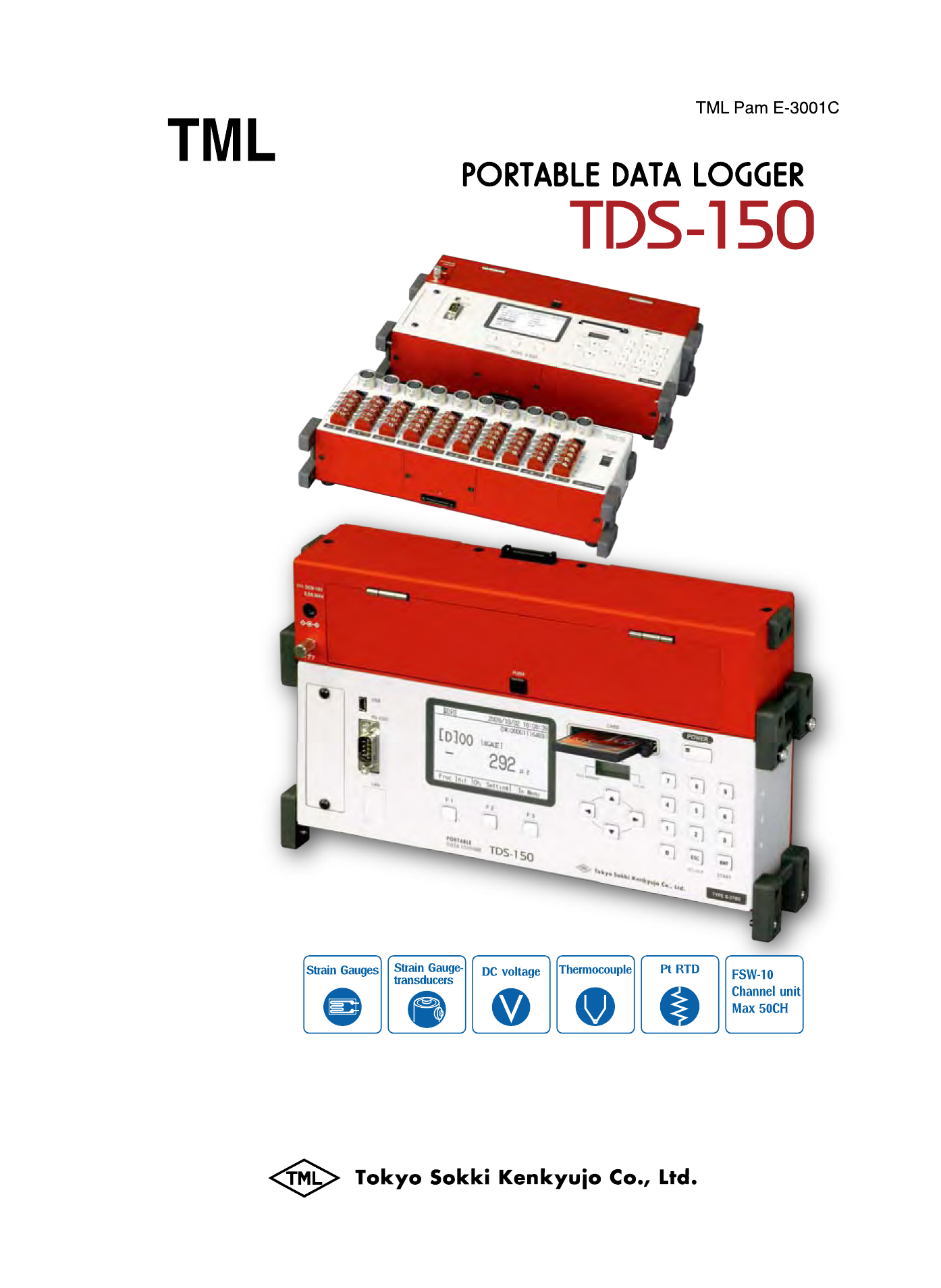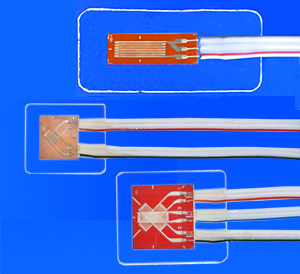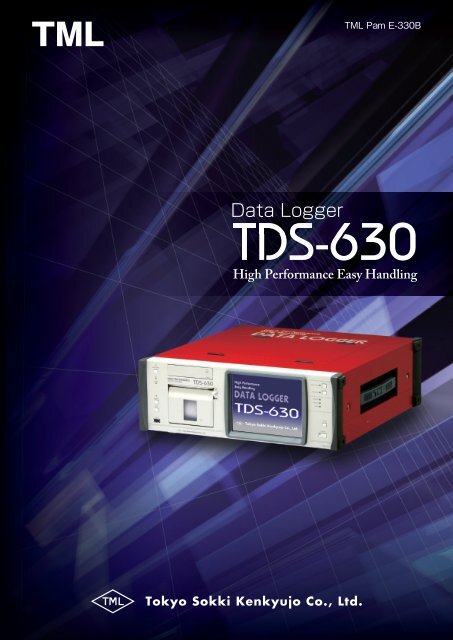Split-crank pedaling devices and methods of operation support patient use and rehabilitation, particularly for stroke patients. A split-crank pedaling device includes first and second crank assemblies. Use Easy Travel car rental with driver in tokyo. We have toyota lexus, toyota alphard, toyota hiace to ensure you have great travel in tokyo. Best for you who wants to travel alone with less hassle. Suitable for business trip in Japan with covid19 health precautions as well.
| Tokyo Drifter | |
|---|---|
| Directed by | Seijun Suzuki |
| Produced by | Tetsuro Nakagawa |
| Written by | Yasunori Kawauchi |
| Starring | Tetsuya Watari Chieko Matsubara Hideaki Nitani |
| Music by | Hajime Kaburagi |
| Cinematography | Shigeyoshi Mine |
| Edited by | Shinya Inoue |
Production company | |
Release date | April 10, 1966 |
| 83 minutes | |
| Country | Japan |
| Language | Japanese |
Tokyo Drifter (東京流れ者, Tōkyō nagaremono) is a 1966 yakuza film directed by Seijun Suzuki. The story follows Tetsuya Watari as the reformed yakuza hitman 'Phoenix' Tetsu who is forced to roam Japan avoiding execution by rival gangs.
Plot[edit]
An old yakuza boss named Kurata decides to retire from his criminal activities and disbands his gang. His fiercely loyal enforcer, Tetsuya 'Phoenix Tetsu' Hondo, finds himself unable to enjoy a life outside of organized crime. He is hounded by a rival gang after turning down a recruitment offer by its boss, Otsuka.[1] Otsuka sees Kurata's retirement as an opportunity to seize his territory via a real estate scam, seeing Tetsu as a threat to his plans. Kurata is eventually forced to convince Tetsu to become a drifter.[1]
Otsuka sends his hitman 'Viper' Tatsuzo to kill Tetsu, who evades him and Otsuka's hit squad a number of times with help from a former Otsuka gang member named Kenji. Tetsu later reaches the establishment of Kurata's ally Umetani, who reveals that Kurata joined forces with Otsuka and placed a bounty on Tetsu's head. A betrayed Tetsu returns to Tokyo for a final confrontation with Otsuka, killing everyone but his former girlfriend Chiharu, and Kurata takes his own life to redeem himself. Tetsu rejects Chiharu's plea for her to accompany him on his travels, explaining that he has dedicated himself to the wanderer lifestyle and could not abandon it for another's company.[1]
Cast[edit]
- Tetsuya Watari as Tetsuya 'Phoenix Tetsu' Hondo
- Chieko Matsubara as Chiharu
- Hideaki Nitani as Kenji Aizawa
- Tamio Kawaji as Tatsuzo The Viper
- Tsuyoshi Yoshida as Keiichi
- Ryūji Kita as Kurata
- Hideaki Esumi as Otsuka
- Eiji Go as Tanaka
Production[edit]
Nikkatsu bosses had been warning Suzuki to tone down his bizarre visual style for years and drastically reduced Tokyo Drifter's budget in hopes of getting results. This had the opposite effect in that Suzuki and art director Takeo Kimura pushed themselves to new heights of surrealism and absurdity. The studio's next move was to impose the further restriction of filming in black and white on his next two films, which again Suzuki met with even greater bizarreness culminating in his dismissal for 'incomprehensibility'.[2]
Because of budget limitations, Suzuki had to cut connecting shots out of many fights, leading to a need for more creative camera work.[3]
Various shots of Tokyo were used to establish the setting as the then-contemporary post-1964 Japan.[4] Suzuki drew inspiration from a wide variety of sources in making Tokyo Drifter, including the musical films of the 1950s, pop art, absurdist comedy, and surrealist film.[5]

Themes[edit]
Suzuki displays common themes found in Yakuza films, particularly the theme of loyalty, in order to parody the message and presentation of traditional Yakuza films. He uses his depictions of Yakuza relationships to show the inherent weakness of the archetype, particularly the possible abuses of power that can arise from unquestioning allegiance.[4] Further, the common theme of corporate corruption is also parodied through exaggeration when the main character becomes an expendable retainer.[6] The conventions in the film further parody the conformity of theme and structure apparent in all Japanese film, but especially in Yakuza films of the time,[5] particularly its excesses.[7]
Style[edit]
The mise en scène of Tokyo Drifter is highly stylized.[8] Film reviewer Nikolaos Vryzidis claims that the film crosses over into a number of different genres, but most resembles the avant-garde films occurring in the 1960s.[5]
At times, the film draws a good deal of inspiration from westerns. The whistling of the main character Tetsu is reminiscent of cowboy heroes. Near the middle of the film, a large bar fight erupts; this scene is meant to directly parody western films, everyone in the saloon joins in the brawl against United States Navy sailors, and comical violence is used where no one is permanently injured, despite the large-scale violence of the scene.[9]
The majority of the film takes place in Tokyo, but portrays the city in a highly stylized manner.[10] The opening sequence consists of a mash of images from metropolitan Tokyo, meant to condense the feeling of the city into one sequence.[11]
The film opens in stylized black and white, which becomes vibrant color in all subsequent scenes.[9] This served to represent Tokyo post-1964 Summer Olympics.[11]
Reception[edit]
Vryzidis claims that Suzuki's later films, once the studio gave him more freedom, never reached the same level of artistic quality as Tokyo Drifter, where the studio attempted to impose a large amount of control over the project.[9] Tetsu, the main character of the film, has also been well received. One reviewer commented that he always looks 'cool', even when he is not the toughest guy in the room.[7]
Stephen Barber called the visualization in Tokyo Drifter 'bizarre and individual'.[10] Douglass Pratt praised the film for its quirkiness and character.[3] He further stated that the plot of the film does not matter so much as 'the gorgeous Pop Art sets, the bizarre musical sequences, the confusing but ballistic action scenes and the film's gunbutt attitude.'[3]

Legacy[edit]
The film is considered ahead of its time, as it abandoned the themes of the Ninkyo eiga films popular at the time, and combines with themes from the later Jitsuroku eiga Yakuza films, which disavowed the romantic and nostalgic views of the Yakuza in favor of social criticism.[6]
Home video[edit]
The Criterion Collection released the film outside Japan in DVD format in 1999.[12] Criterion also released a Blu-ray version in 2013.
Soundtrack[edit]

The film has a recurrent appearance of Tetsu's girlfriend as a lounge singer repeating several times her signature song throughout the film.
Footnotes[edit]
- ^ abcBerra (2010), 282.
- ^Desjardins (2005), 136–149.
- ^ abcPratt (2005), 1246.
- ^ abStandish (2005), 300.
- ^ abcVryzidis (2010), 282.
- ^ abStandish (2005), 301.
- ^ abBleiler (2004), 632.
- ^Standish (2005), 304.
- ^ abcVryzidis (2010), 283.
- ^ abBarber (2005), 124.
- ^ abBarber (2005), 125.
- ^'Tokyo Drifter'. Online Cinematheque. New York City: The Criterion Collection. 2010. Retrieved 26 April 2010.
Tokyo Sokki Kenkyujo Driver Manual
References[edit]
- Barber, Stephen (2005). Projected Cities. Clerkenwell: Reaktion Books. ISBN1-86189-127-X. Retrieved 26 April 2010.
- Berra, John (2010). Directory of World Cinema: Japan. Fishponds: Intellect Publishing. ISBN9781841503356. Retrieved 26 April 2010.
- Bleiler, David (2004). TLA Video & DVD Guide: The Discerning Film Lover's Guide. New York City: Macmillan Publishers. ISBN0-312-31690-9. Retrieved 26 April 2010.
- Desjardins, Chris (2005). Outlaw Masters of Japanese Film. I.B. Tauris. ISBN1-84511-086-2.
- Pratt, Douglas (2005). Doug Pratt's DVD: Movies, Television, Music, Art, Adult, and More!. United States: UNET 2 Corporation. ISBN1-932916-01-6. Retrieved 26 April 2010.
- Richie, Donald (2005). A Hundred Years of Japanese Film (Revised and Updated ed.). Tokyo: Kodansha International. ISBN978-4-7700-2995-9.
- Standish, Isolde (2005). A New History of Japanese Cinema: A Century of Narrative Film. New York City: Continuum International Publishing Group. ISBN0-8264-1709-4.
- Vryzidis, Nikolaos (2010). 'Tokyo Drifter Critique'. Directory of World Cinema: Japan. Fishponds: Intellect Publishing. ISBN9781841503356. Retrieved 26 April 2010.
External links[edit]
- Tokyo Drifter at IMDb.
- Tokyo Drifter at AllMovie
- Tokyo Drifter at Rotten Tomatoes
- Tokyo Drifter: Catch My Drift an essay by Howard Hampton at the Criterion Collection
- Tokyo Drifter at the Japanese Movie Database(in Japanese).
Sep 25, 2020 8:02 AM ET
The recent research report namely Global Portable Data Acquisition Market Growth 2020-2025 available at MarketandResearch.biz offers a widespread assessment of market size, market share, and profit estimations to provide an ensemble prediction about this business. The report aims to predict a future picture of the market scenario with respect to the various growth indicators, hindrances, and opportunities that determine the industry expansion. The report contains an assessment of market segmentation, prominent manufacturers, market drivers, and opportunities. It gives an in-depth analysis of the latest trends, present, and future business scenarios over the coming years from 2020 to 2025. The global market report demonstrates the functioning of the main market players, suppliers, and dealers in detail.
Report Overview:
Product types, applications, geographies, and end-user industries are the key market segments that are comprised in this study. The report includes an evaluation of market share with respect to each application and forecast growth rate during the analysis period is given. The study highlights the competition trends, along with a detailed analytical review of the industry supply chain. It also reveals the prevalent growth prospects of each region over the forecast duration.
DOWNLOAD FREE SAMPLE REPORT: https://www.marketandresearch.biz/sample-request/149045
Market Players & Competitor Analysis: The report covers the key players of the global Portable Data Acquisition industry including company profiles, product specifications, production capacity/sales, revenue, price, and gross margin 2015-2020 & sales by product types. Company overview, manufacturing facilities, regions served, and market share of the major contenders are profiled in the report. It also elaborates on the pricing models followed by each company and the returns amassed.
NOTE: Our report highlights the major issues and hazards that companies might come across due to the unprecedented outbreak of COVID-19.
The report delves into the competitive landscape by identifying and assessing the leading players, namely: Omega Engineering, Yokogawa, A_D, Metromatics, Fluke, Dewesoft, Spectris(HBM), Apageo, Tokyo Sokki Kenkyujo,
Glimpses of The Report:
- Market Research Aim and Presumption
- Global Portable Data Acquisition Market Scope – Report Introduction, Executive Synopsis
- Market Dynamics and Trends Study – Administrative Scenario, Latest Industry Trend, Value Chain Study
- Market Competition by Vendors
- Study of Industrial Chain, Sourcing Strategies and Downstream Buyers
- Marketing Strategy Planning, Suppliers/Distributors involving Marketing Channel, Market Standing, and list of Distributors and Traders
- Global Portable Data Acquisition Market Projections Consisting of import -Export, Production, Consumption, Forecast by Various Segments Such as Type, Applications, and Region
Segment by product type, this report focuses on consumption, market share, and growth rate of the market in each product type and can be divided into: All in One, Module,
Segment by application, this report focuses on consumption, market share, and growth rate of the market in each application and can be divided into: Industry, Laboratory,
ACCESS FULL REPORT: https://www.marketandresearch.biz/report/149045/global-portable-data-acquisition-market-growth-2020-2025
Regional segment analysis displaying regional production volume, consumption volume, revenue, and growth rate from 2020-2025 covers: Americas (United States, Canada, Mexico, Brazil), APAC (China, Japan, Korea, Southeast Asia, India, Australia), Europe (Germany, France, UK, Italy, Russia), Middle East & Africa (Egypt, South Africa, Israel, Turkey, GCC Countries)
Moreover, the report enlists customer, distributor, market value chain, and sales channel analysis. It presents production and production value forecast, key producers forecast by type, application, and regions. The report uses both top-down and bottom-up approaches that have been used to estimate and validate the global Portable Data Acquisition market, to estimate the size of various other dependent submarkets in the overall market.
Customization of the Report:This report can be customized to meet the client’s requirements. Please connect with our sales team (sales@marketandresearch.biz), who will ensure that you get a report that suits your needs. You can also get in touch with our executives on +1-201-465-4211 to share your research requirements.
Tokyo Sokki Kenkyujo Driver Download
About Us
Marketandresearch.biz is a leading global Market Research agency providing expert research solutions, trusted by the best. We understand the importance of knowing what global consumers watch and buy, further using the same to document our distinguished research reports. Marketandresearch.biz has worldwide presence to facilitate real market intelligence using latest methodology, best-in-class research techniques and cost-effective measures for world’s leading research professionals and agencies. We study consumers in more than 100 countries to give you the most complete view of trends and habits worldwide. Marketsandresearch.biz is a leading provider of Full-Service Research, Global Project Management, Market Research Operations and Online Panel Services.
Tokyo Sokki Kenkyujo Driver Win 7
Contact Us
Mark Stone
Head of Business Development
Phone: +1-201-465-4211
Email:sales@marketandresearch.biz
Web:www.marketandresearch.biz
This content has been distributed via CDN Newswire press release distribution service. For press release enquires please mail us at contact@cdnnewswire.com.
Tokyo Sokki Kenkyujo Co Ltd
Research, IPS, Reportedtimes, iCN Internal Distribution, Research Newswire, English
